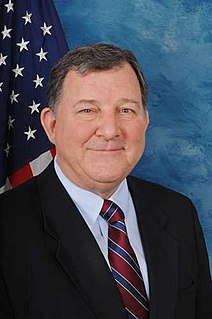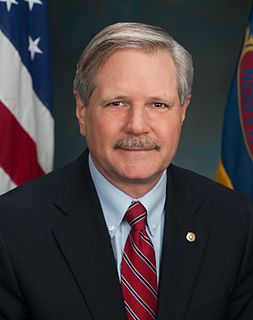A Quote by Hugo Chavez
The U.S. only has 20 billion barrels of oil in reserve. It seems as though there is no more oil around. Venezuela has 300 billion barrels of oil in reserves. Iraq has, like, 150 billion barrels of oil. Iran, close to 300 billion barrels of reserve. Oil for 200 years, of course.
Related Quotes
I'm a professional geologist, an explorationist for oil. That's what I've done in my career, one that's culminated in - at least to this point - playing a part in finding the largest field in the last 40 years anywhere in the world. That's the Bakken field, which I believe will yield 24 billion barrels of oil in the decades to come, maybe more.
If every U.S. citizen ate just one meal a week (any meal) composed of locally and organically raised meats and produce, we would reduce our country’s oil consumption by over 1.1 million barrels of oil every week. That's not gallons, but barrels. Small changes in buying habits can make big differences. Becoming a less energy-dependent nation may just need to start with a good breakfast.
About 75% of the price of gas is really dictated by crude oil. At the heart of the issue is increasing demand over a period of many years around the world. World crude oil consumption now is close to 90 million barrels a day. Most of the growth in demand is coming from China and the developing world.
Venezuela has the biggest oil reserves in the world. And the biggest gas reserves in this hemisphere, the eighth in the world. Venezuela was a U.S. oil colony. All of our oil was going up to the north, and the gas was being used by the U.S. and not by us. Now we are diversifying. Our oil is helping the poor.
I do believe that oil production globally has peaked at 85 million barrels. And I've been very vocal about it. And what happens? The demand continues to rise. The only way you can possibly kill demand is with price. So the price of oil, gasoline, has to go up to kill the demand. Otherwise, keep the price down, the demand rises.










































